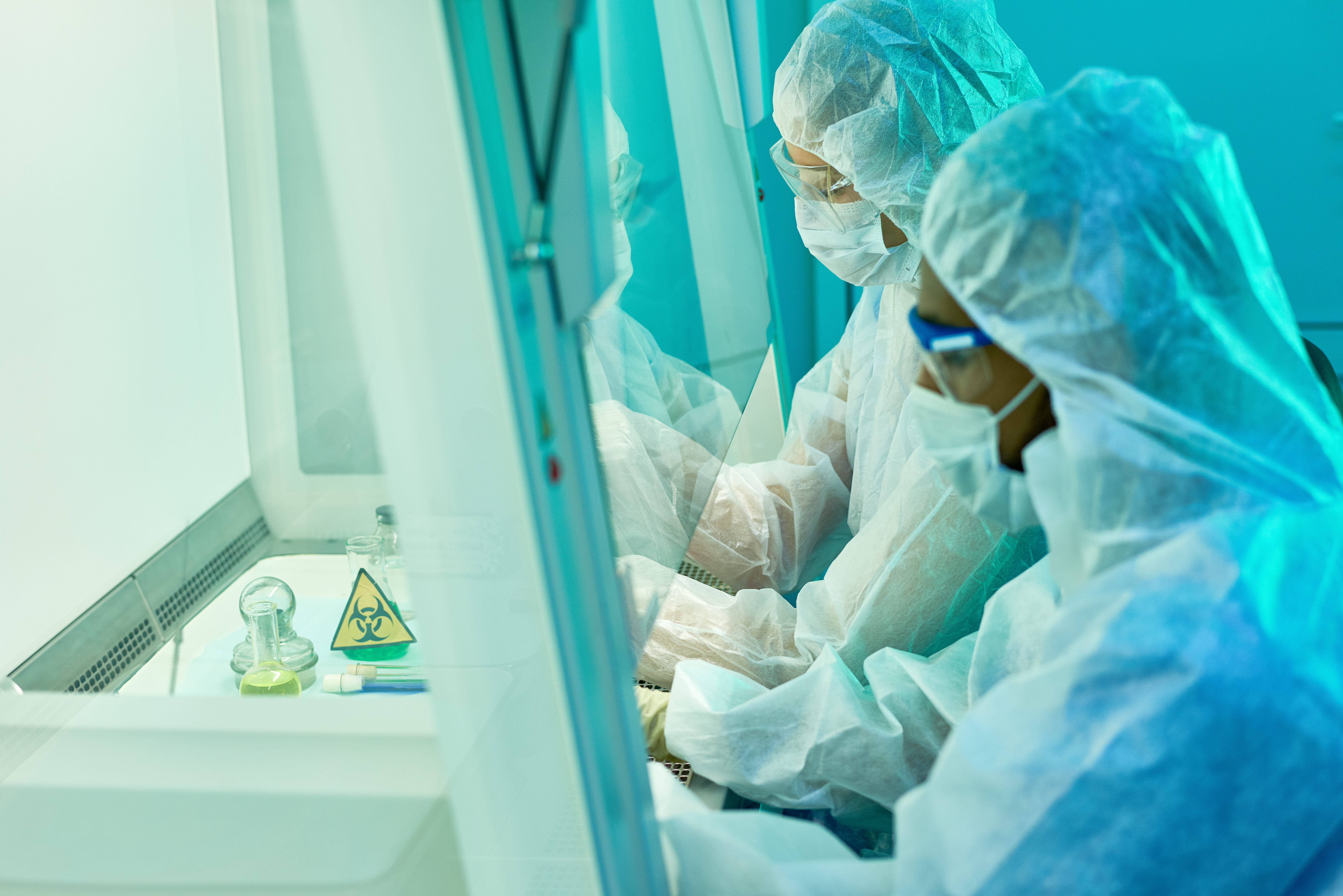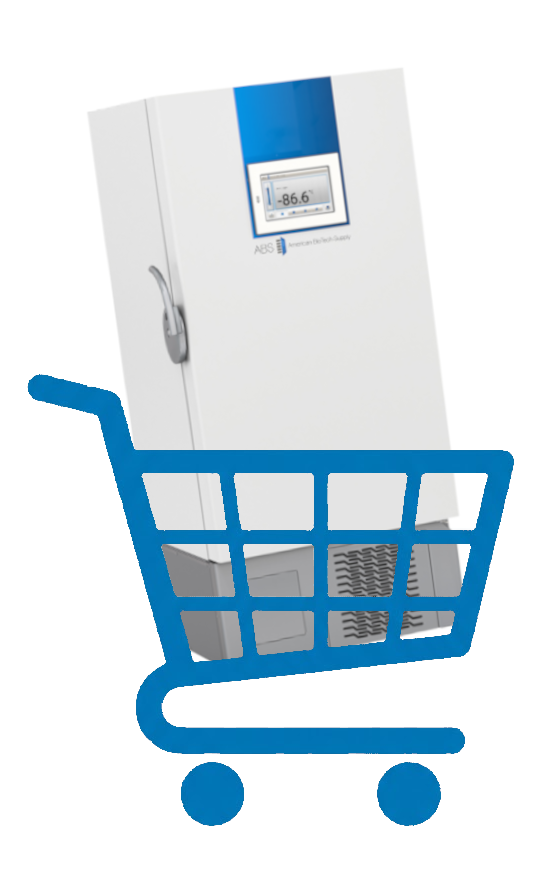Laboratory Safety: Foundations for Scientific and Medical Professionals

Introduction to Laboratory Safety
Laboratories are the backbone of scientific, clinical, and industrial research. Laboratories provide a space for groundbreaking discoveries, but they can also present hazards. Safety should be a top priority for all lab workers to protect themselves, their coworkers, and their research. In this article, we’ll explore the most important points for lab workers to ensure laboratory safety in the scientific, clinical, and industrial markets.
The Categories of Laboratory Safety
Know Your Workspace
Before you even start your work in the lab, thoroughly familiarize yourself with your workspace. Understand the layout, location of safety equipment, and emergency exits. Know where to find safety showers, eyewash stations, fire extinguishers, and first aid kits. This familiarity will establish a necessary foundation for your laboratory safety.
Personal Protective Equipment (PPE)
In laboratory settings, PPE is your first line of defense. Always wear the appropriate gear, including lab coats, safety goggles, gloves, and respiratory protection if needed. And don’t forget to replace damaged or worn-out PPE. Damaged gear can sometimes be more hazardous than no gear at all.
Chemical Handling
Chemicals are often an integral part of laboratory work. Be sure to label and store chemicals properly. Never mix chemicals unless you’re following a specific protocol, and always handle them in a well-ventilated area or under a fume hood. Don’t hesitate to ask questions of laboratory leadership if you’re unsure of a certain chemical protocol. In this realm, mistakes can be disastrous, and can be avoided with clear instructions and guidance.
Equipment Maintenance
Regular maintenance of lab equipment is essential to prevent accidents. Follow manufacturer guidelines for upkeep and ensure that faulty equipment is reported and repaired promptly. If your equipment is malfunctioning on any level, your safety could be compromised, and your laboratory’s reputation undermined.
Emergency Protocols
Know the emergency procedures and protocols specific to your lab. Make sure you and your coworkers are aware of what to do in the event of a fire, chemical spill, or any other emergency. Regular safety drills can also help ensure everyone is prepared.
Safe Handling of Biological Materials
In clinical and scientific labs, handling biological materials is common. Always work in a biosafety cabinet when necessary and be meticulous with the disposal of biological waste. Follow containment and safety guidelines to avoid contamination and exposure.
Electrical Safety
Electrical hazards can be lurking in any lab. Ensure all electrical cords are in good condition, and avoid overloading outlets. When working with electrical equipment, use ground-fault circuit interrupters to prevent shocks.
Cold Storage Safety for Refrigerators and Freezers
For those in the scientific and medical cold storage sector, maintaining the safety of stored specimens and materials is crucial. Regularly check the temperature and humidity levels of your equipment, and have backup power systems in place to avoid critical sample loss in case of power failures. Invest in high-quality cold storage units from trusted providers to make sure your samples remain effective and safe.
Minimize Laboratory Clutter
A clutter-free lab is a safer lab. Keep your workspace organized, clean up spills immediately, and dispose of waste properly. Clutter can lead to accidents and make it challenging to locate safety equipment. As much as possible, keep surfaces and walkways clean and clear.
Report Incidents and Near Misses
If you witness or are involved in an incident, no matter how minor, report it. Evaluating near misses can help prevent more severe accidents in the future. No lab is perfect, so be committed to learning from your mistakes.
Wrapping Up Laboratory Safety
Laboratory safety is not a one-time concern—it’s an ongoing commitment to protecting yourself, your coworkers, and your valuable research. By adhering to these essential safety measures, you can contribute to a safer, more productive work environment. And when it comes to the safe storage of critical materials, trust reliable cold storage solutions to protect your hard work. Stay safe as you continue to push the boundaries of science and exploration.
American Biotech Supply
ABS proudly offers safety-focused cold storage for ultimate protection and untouched efficiency. Explore today. ABS | American Biotech Supply

Technical Writer and Marketing Editor
Christine works as a Technical Writer for Standex Scientific. She holds a B.A. in Creative Writing and has used her writing expertise in various companies from engineering firms to non-profits.
